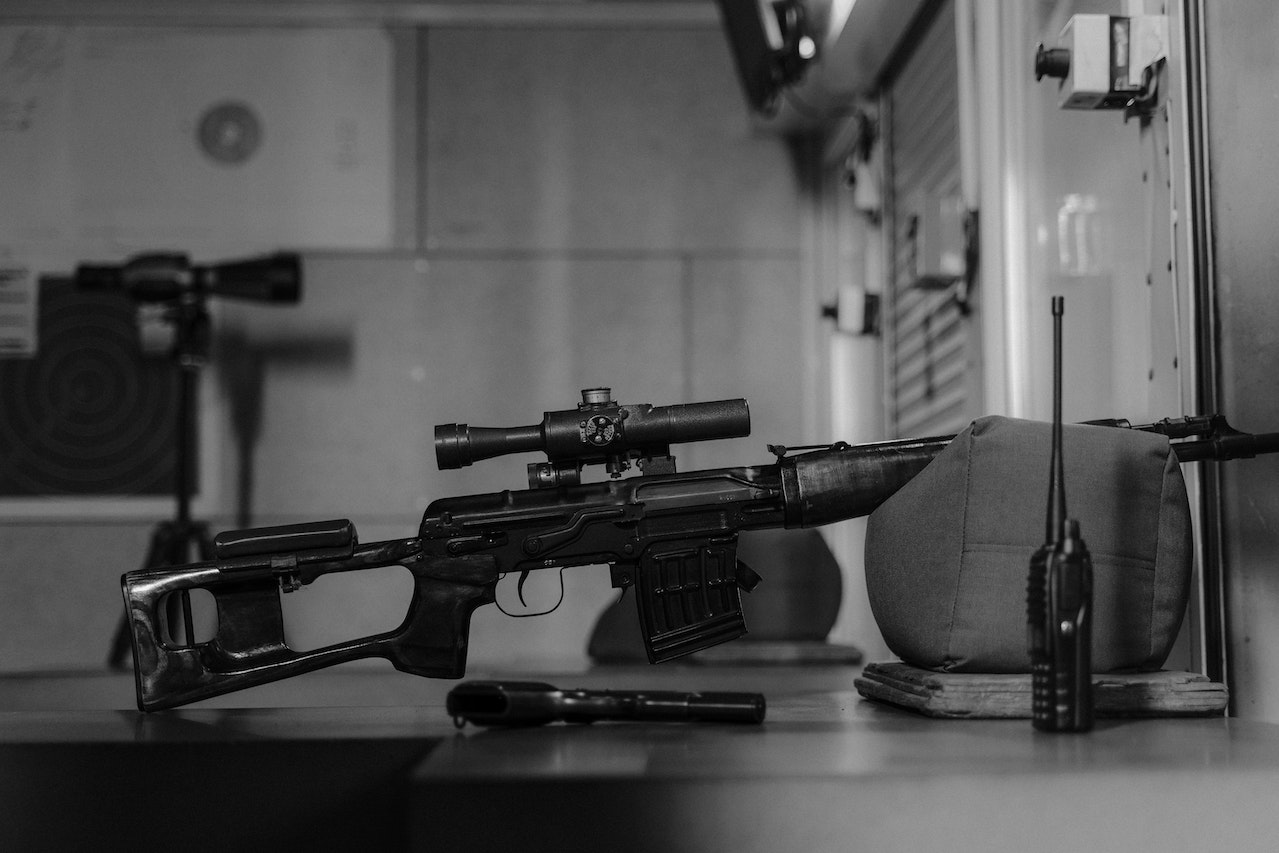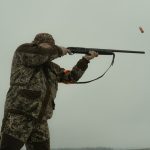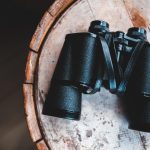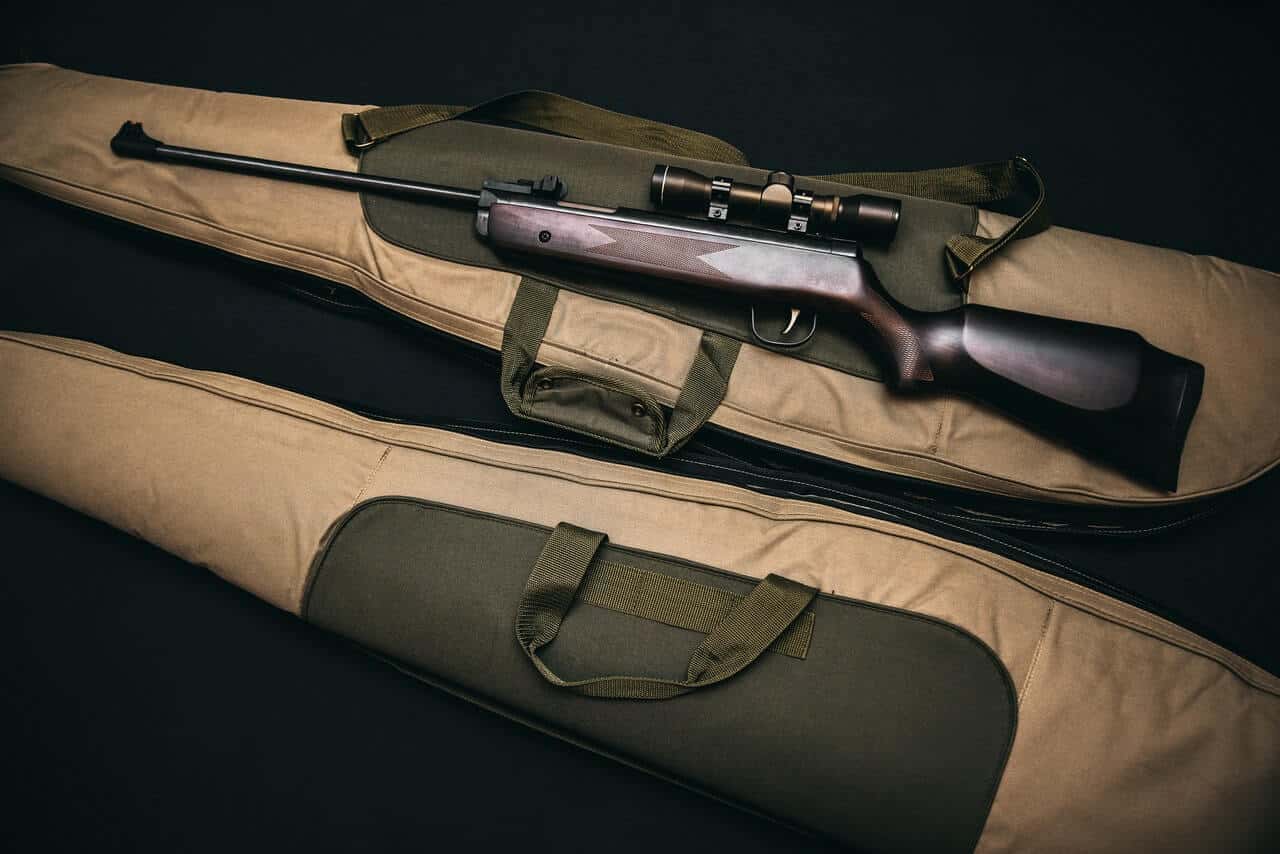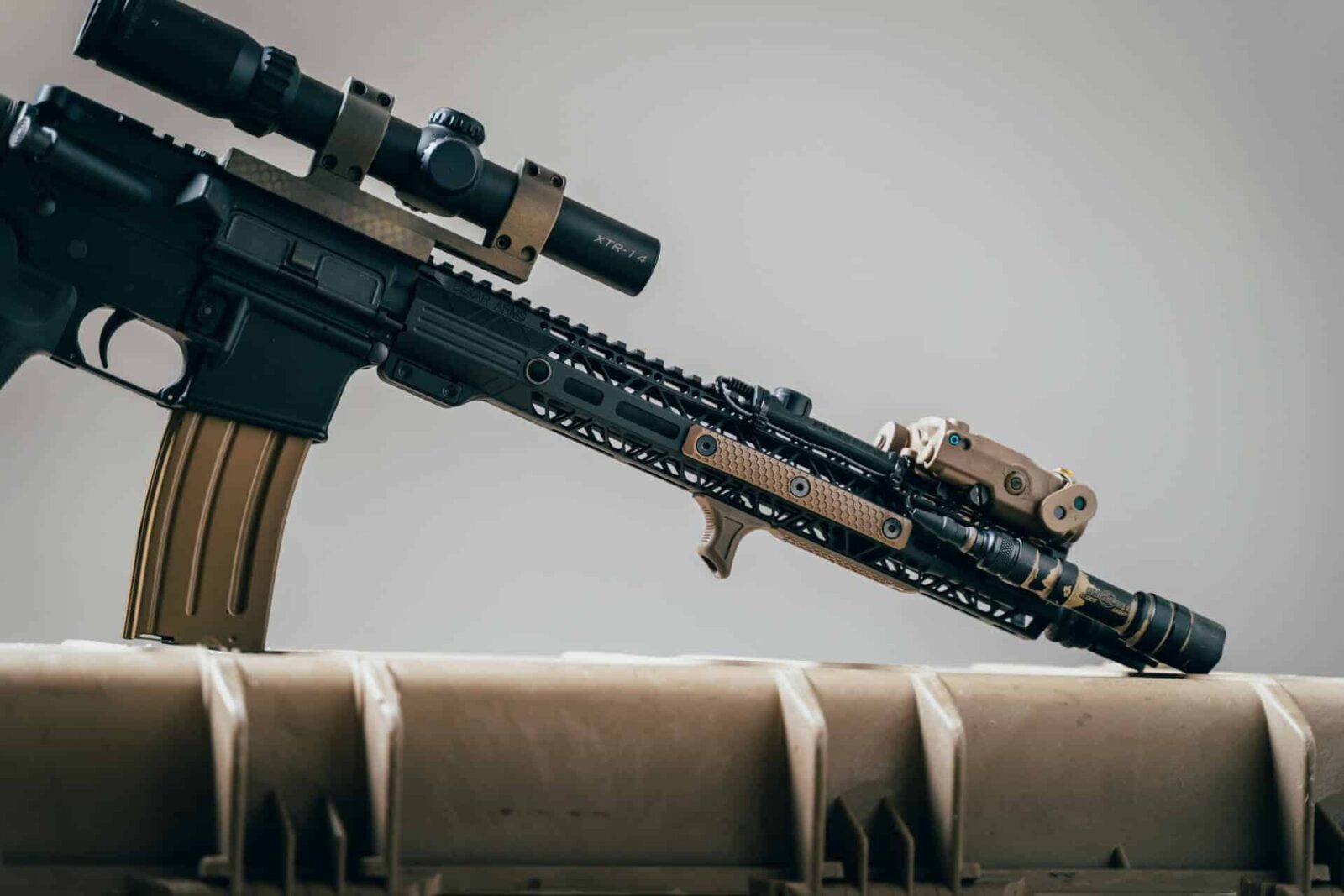Yes, a rifle scope can go bad. If it is not properly cared for, or if it is damaged, it can lose its accuracy. Additionally, if the lenses become dirty or foggy, it can affect the scope’s ability to provide a clear image.
To avoid these issues, it is important to regularly clean and maintain your rifle scope. Additionally, if you are using your scope in adverse conditions, such as in dusty or humid environments, it is important to take steps to protect the scope from these elements.
How Can You Tell If A Rifle Scope Is Bad?
There are a few signs that can indicate that your rifle scope is going bad.
- If you notice that the image in the scope is distorted, this is an indication that the lenses are dirty or foggy.
- If the crosshairs in the scope appear to be moving around, this is another sign that the scope is losing its accuracy.
- One way is by looking for cracks or scratches on the lens. If there are any, it means that the lens has been damaged and needs to be replaced.
- Another way to tell if a rifle scope is bad is by looking at the reticle. If the reticle is blurry or out of focus, it means that the scope needs to be adjusted or replaced.
- If the scope is making a clicking noise when you move it, it means that the gears are starting to wear out and need to be replaced.
Will Accuracy Be Compromised If Dropped Rifle Scope?
A rifle scope is a precision instrument, and like any other precision instrument, it can be damaged if dropped. Most scopes are designed to withstand a certain amount of shock, but a drop can still cause problems.
The biggest concern is that the scope will become misaligned. This can happen if the drop knocks the scope out of its mount, or if it damages the internals of the scope. If the scope is only slightly misaligned, it may not have a major impact on accuracy. However, if the scope is significantly misaligned, it can significantly reduce accuracy.
In addition, a drop can also damage the optics of the scope, making it difficult to see through. For these reasons, it’s important to be careful when handling a rifle scope. A little bit of care can go a long way in preserving the accuracy of your shots.
Also Read: Can You Hydro Dip Leupold Rifle Scopes?
Can Scope Be Maxed Out And Still Not Sighted In?
It is a common misconception that a rifle scope can only be sighted in if it is at its maximum magnification. In reality, most scopes can be sighted in at any level of magnification.
The key is to find a happy medium between too much zoom and not enough. Often, the best results are achieved by starting at the middle of the scope’s magnification range and then adjusting as needed. This gives you a good starting point and allows you to fine-tune the magnification to get the perfect sight picture.
Another reason that the scope can be maxed out and still not sighted in is if the rifle is not aligned with the target. There are many factors that can contribute to this such as the height of the shooter, the weight of the bullet, and the wind speed. All of these factors need to be taken into account when sighting in a rifle.
The scope can be helpful in aligning the rifle with the target, but it is not enough on its own. The shooter needs to be able to account for all of the other variables in order to ensure that the bullet hits the target.
With a little trial and error, you’ll soon find the perfect setting for your needs.
Also Read: Can A Scope Go On Any Rifle?
What Causes A Scope To Lose Zero?
There are a number of factors that can cause a scope to lose zero.
- The most common cause is simply loose screws, which can throw off the alignment of the scope and cause it to lose accuracy. In addition, if the scope is subjected to heavy recoil, it can shift slightly in its mount, again causing it to lose zero.
- Another potential cause is a change in temperature, as extreme heat or cold can cause the scope to expand or contract slightly, throwing off its alignment.
- Simply bumping or dropping the scope can jar it out of place and cause it to lose zero.
Thankfully, most are easily remedied with a few simple adjustments.
Also Read: How High Should Your Scope Be Above The Barrel?
How Long Should A Scope Last?
A quality scope should last a lifetime. A good quality scope should be durable and have good light transmission. A lot of people think that the more money they spend on a scope, the better it will be. But, this is not always the case.
You can find a good quality scope at any price point if you know what to look for. When choosing a scope, make sure to pick one that will fit your needs.
- If you plan on using your scope for hunting, make sure to get one that is durable and can withstand different weather conditions.
- Also, make sure to get a scope with good light transmission. This will ensure that you have a clear view when hunting in low light conditions.
- If you take care of your scope and keep it clean, it will last you a lifetime.
Also Read: How Much Clearance Do You Need Between Scope And Barrel?
Why Is My Rifle Scope Shooting Too Low?
If you’ve recently installed a new rifle scope and you’re noticing that your shots are consistently hitting low, there are a few possible explanations.
- First, check to make sure that the scope is properly mounted and that the crosshairs are centered in the field of view.
- If the problem persists, it’s possible that the scope is not properly zeroed. This can be caused by a number of factors, including inconsistency in ammunition, changing environmental conditions, or simply user error.
- In some cases, it may be necessary to adjust the scope’s elevation knob to compensate for the offset.
- However, if you find that you’re constantly having to make adjustments, it’s likely that the scope is incompatible with the rifle and should be replaced.
- By troubleshooting the issue and making the necessary adjustments, you can ensure that your scope is properly calibrated and that your shots will be on target.
Can A Scope Run Out Of Adjustment When Bore Sighting?
There are many factors that can affect the accuracy of a scope, and one of them is the alignment of the reticle. This is why it’s important to bore sight a scope before taking it out to the range.
Bore sighting involves looking through the scope and aligning the reticle with the center of the bore. This ensures that the reticle is in the correct position when looking at a target. However, some people wonder if a scope can become out of adjustment after being bore sighted. The answer is that it’s possible, but it’s unlikely.
Once a scope is properly aligned, it should hold its setting for a long time. Of course, there are always exceptions to this rule, so it’s always a good idea to check the alignment of your scope before taking a shot.
Why Does My Air Rifle Scope Keeps Losing Zero?
Its possible that the air rifle scope will lose zero. One possibility is that the rings that hold the scope in place are not tight enough. If the rings are loose, the recoil from the gun can cause the scope to move, leading to a loss of accuracy.
Another possibility is that the scope itself is defective. If the internal components of the scope are not aligned properly, it will be difficult to keep a consistent zero.
User error can also be a factor. If the scope is not mounted properly, or if it is constantly being jarred or bumped, it will be difficult to maintain a precise zero.
What Could Be The Reason For Scope Adjustments Going Opposite?
As anyone who has ever tried to shoot a target knows, even the slightest change in elevation can have a significant impact on where the bullet hits. For this reason, scope manufacturers provide adjustment knobs that allow the user to fine-tune the point of aim.
However, sometimes these adjustments can behave in unexpected ways, causing the point of impact to move in the opposite direction from what was intended. There are a few possible explanations for this phenomenon.
- One possibility is that the scope is not mounted level with the barrel, which can cause the adjustments to act differently than expected.
- Another possibility is that the internal mechanisms of the scope have become damaged or misaligned, causing the adjustments to work in reverse.
In any case, if your scope starts behaving oddly, it’s best to consult with a professional before making any further adjustments. Otherwise, you risk making the problem worse.

Binos enthusiast since I was 12 – A real expert in all things optics including rifle scopes and red dots. Live in Dubai & love writing, beaches and eating!

